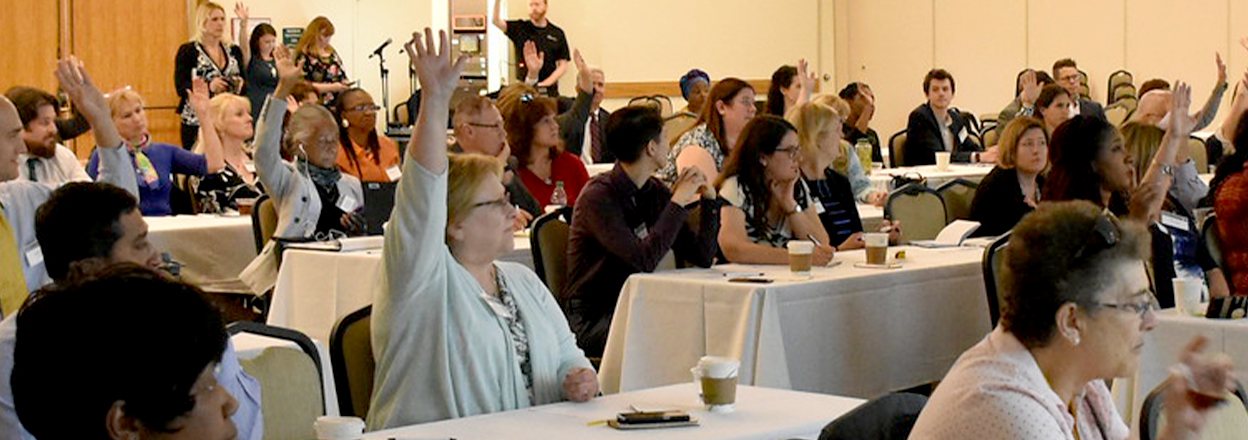Eye on the Economy: An Interactive Look at Maryland and the Regional Economy in September 2019

• The most recent jobs report showed that between August and September, Maryland gained a total of 10,100 Total Nonfarm jobs, including 7,700 Total Private jobs and 2,400 Government positions.
• Job gains between July and August were revised to a gain of 9,000 jobs, up significantly from the original estimate of 500 jobs.
• The unemployment rate for Maryland decreased to 3.7 percent in September.
| |
|

2019 Economic Outlook Forum: Stranger Things Edition
Thursday, November 7 | 8:30—11:30 a.m. | West Village Commons
We're happy to announce Baltimore County Executive John Olszewski, Jr. will provide opening remarks.
The national economy is doing well, and the labor market is approaching full employment. However, dark forces lurk just below the surface. Will these forces be enough to send us to the “Upside Down”? What should you be watching for in the months to come? Attend the annual Economic Outlook Forum and find out how these “Stranger Things” will impact the Maryland economy.
| |
|

Thrills, Chills, and Dollar Bills: Halloween's Economic Impact on the Rise
As hordes of costumed kiddies prepare to descend upon neighborhoods across the nation, consumers and retailers alike will be shelling out big bucks for the spookiest night of the year. MORE
| |
|
|
TARIFFS TAKE EFFECT | Imported cheese & wine could soon cost more
Fox45 News Baltimore, 10/16/2019
New tariffs on goods imported from the EU take effect on Friday, October 18, including a 25% tariff on wine, olives (including olive oil), whiskey, and cheese. This has the potential to directly harm local retailers such as The Wine Source in Hampden, which may have to absorb some of the costs in order to limit an increase in price to consumers. RESI’s chief economist Daraius Irani expressed particular concern with regards to olive oil, stating that “the U.S. can only meet 5% of its current demand,” which means the remaining 95% will likely face a price increase as a result of the tariffs. According to Irani, “the types of goods are going to determine how much of the tariffs consumers are going to ultimately pay.”
| |
|
|